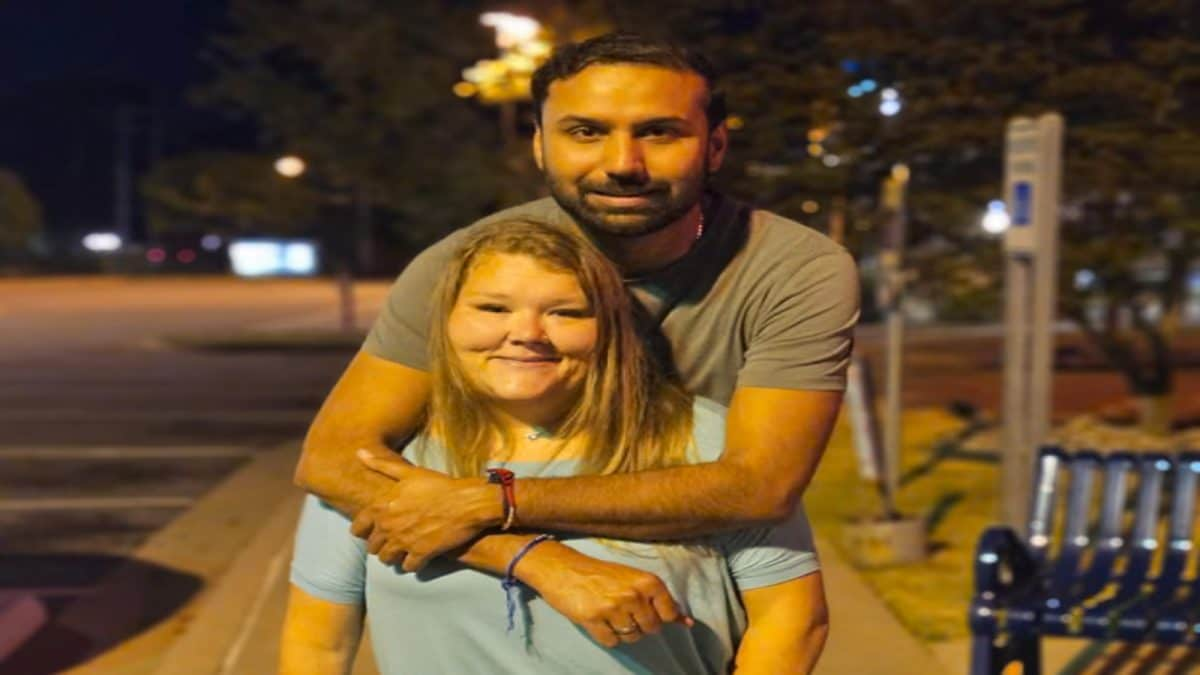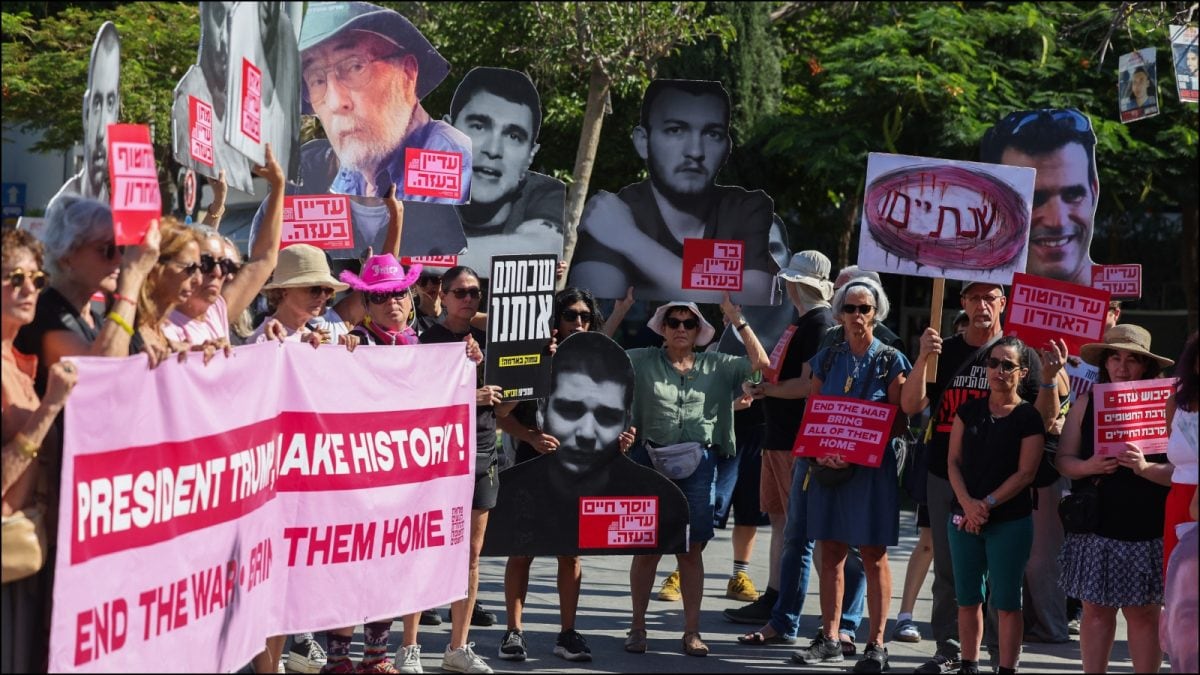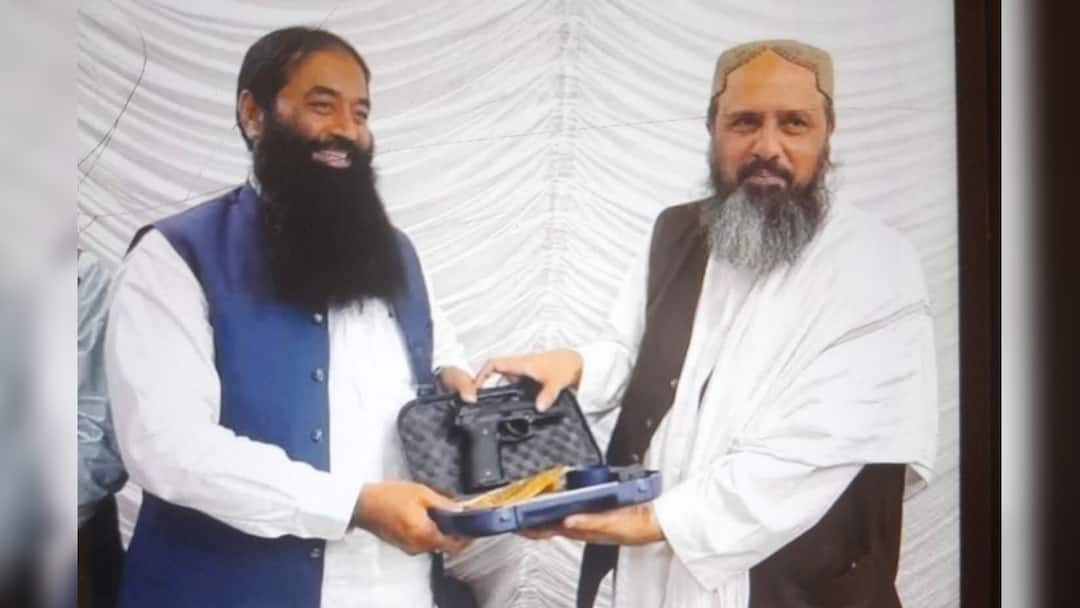An Indian-origin man in Arkansas, Kapil Raghu, is seeking to have his US visa restored after being wrongfully arrested when police mistook a bottle of perfume labelled “Opium” for drugs, leading to his detention and visa revocation.
An Indian-origin man in Arkansas, Kapil Raghu, is fighting to have his US visa reinstated after being wrongly arrested when police mistook a bottle of perfume labelled “Opium” for an illegal drug during a routine traffic stop.
Raghu, married to an American citizen and in the process of obtaining permanent residency, was pulled over on May 3 for a minor traffic violation. Officers found the perfume and assumed it contained narcotics. Despite Raghu insisting it was fragrance, he was arrested on suspicion of drug possession. Bodycam footage reportedly captured officers saying, “You got a vial of opium that was in your centre console.”
Testing later confirmed the bottle contained perfume, not drugs. However, Raghu spent three days in Saline County Jail, where authorities flagged an issue with his visa, citing an “administrative error” by his previous attorney, said his lawyer Mike Laux.
Following his arrest, Raghu was transferred to an ICE detention centre in Louisiana for 30 days. Although the drug charge was dropped, his visa was revoked, leaving him under threat of deportation. “Kapil now has a ‘deportation’ status, meaning he can be immediately deported for any minor offence, even jaywalking,” Laux told The Guardian. “But, more crucially, this classification bars him from working and earning money for his family, which has been devastating for them.”
Raghu said his wife, Alhley Mays, has been covering the legal fees by working three jobs and was considering moving the family abroad. He also highlighted that police failed to notify the Indian Consulate, violating international law and policy under the Vienna Convention.
In a letter to ICE, Raghu requested that his visa be reinstated, explaining the issue stemmed from his previous attorney’s failure to file paperwork on time. “The mounting legal fees and the pressure of not being able to contribute have created a difficult situation for our family,” he wrote.
End of Article

)

